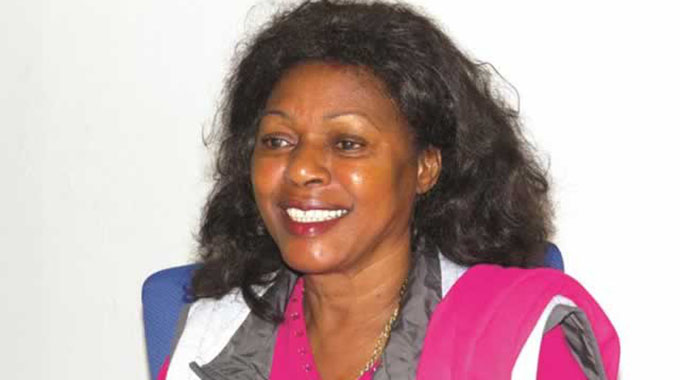A journey of a thousand miles
Ruth Butaumocho Gender Editor
Yesterday, red carpet events to celebrate women’s achievements were the order of the day as the world honoured women for their significant contribution in various spaces. The celebrations to mark International Women’s Day were held across the globe, with stakeholders celebrating remarkable women’s achievements and their success stories. Running under the theme “Be Bold for Change,” the occasion also afforded the female populace an opportunity to note the challenges they were facing.
Zimbabwean women were not left out. They also set down to reflect on monumental achievements on gender equality and also took note of existing challenges threatening to erode positive gains made to date.
Notably, the last two decades witnessed positive shift towards women’s empowerment, thanks to political will on the part of the Government.
These initiatives were ably supported by both local and regional statutory instruments to address historical gender imbalances.
Some of the regional and international conventions and protocols that Zimbabwe signed that promote and acknowledge the rights of women towards gender equality include Convention on the Elimination of All forms of Discrimination Against Women (CEDAW), Protocol to the African Charter on Human and People’s Rights of Women, Universal Declaration of Human Rights, International Convention on Economic, Social and Cultural Rights and Convention of Civil and Political Rights.
The Government signed several other conventions and protocol of similar note as an affirmation of the country’s commitment to gender equality and women have to date benefited from the implementation of the statutory instruments.
Zimbabwe is now ranked the sixth country in the region that have made significant strides towards achieving the 50:50 gender parity ratio in Parliament as required in the Sadc Protocol on Gender and Development.
This position was achieved largely as a result of the quota allocation in both the Lower and Upper Houses that resulted in 60 women getting into Parliament in fulfilling the quota requirement for women to become legislators, as provided for in the new Constitution.
Improvements in gender equality were noted in legislation on domestic violence, property ownership between men and women, the Constitution, employment rights and promulgation of laws that deal with gender-based violence. In one of its reports, the World Economic Forum’s Global Gender Gap Report confirms that Zimbabwe has joined other progressive nations like Mauritius, Rwanda, South Africa and Mozambique in pushing for gender equality in politics.
However, although Government has been pushing for an enabling environment through legislation, it has been found wanting in policing the implementation of the statutes.
Engendered leadership and economic empowerment of women are two major sticking points that are threatening to derail remarkable achievements that have been made to date.
Already, the financial food chain is stalling progression of women because they are failing to get access to loans from the banks without adequate collateral security.
Since the majority of women do not have title deeds of properties in their names, they are failing to access money to fund their businesses, which are usually not registered and are in the informal sector.
The situation is still the same at corporate and national level, where women are being sidelined from powerful positions of power, notwithstanding their capabilities and proven track record of their qualifications.
This is in spite of the fact that the involvement of women in decision making is one of the critical areas agreed 20 years ago in Beijing to advance the situation of women and secure their rights.
It is also contained in all the regional and global statutory instruments, to which the Government appended its signature. In addition to that, women in various spaces have added their voices on the need to consider and include women in positions of authority.
Over the years, they have come up with all kinds of strategies — in consultation with the Government — to “increase” the number of women in decision making, including affirmative action and quota systems.
What has been elusive though has been Government’s political will to ensure the holistic participation and inclusion of women in decision making and at the highest level.
Thirty seven years after Independence, the Government is yet to appoint a female central bank governor or even a female commissioner in the uniformed forces.
Of the several banks that are operating in Zimbabwe, only one has a female chief executive officer, while the rest are crowded in middle management.
Even the media has been found wanting. Despite playing a watch dog role and claiming to be strong advocates for gender equality, they are failing to walk the talk and are merely playing lip service towards gender equality.
Both public and private media have over the years, failed to appoint a female editor in their mainstream publications and electronic institutions.
We have women in our midst’s that have shown to be competent in their respective fields, but are not being recognised. As this year’s theme rightly says, Government and institutions will need to move from mere talk to purposeful action, to ensure that there is gender equality and equity in all our institutions.
By policing the implementation of existing legislation, the Government can help women advance to measurable figures and realise the limitless potential the female populace has and the positive transformation they can offer to our economy and communities at large.









Comments